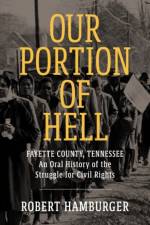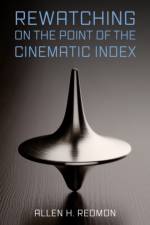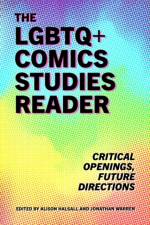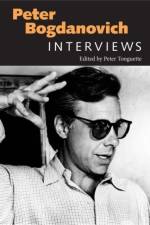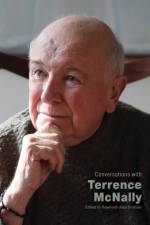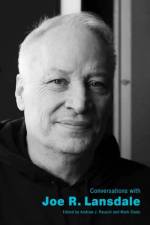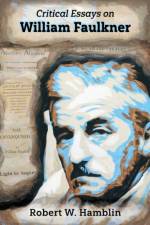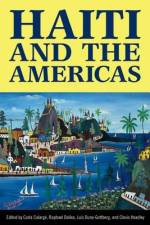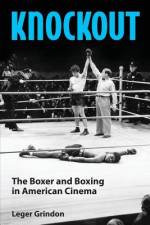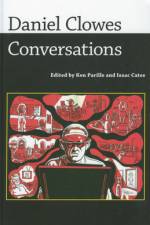154,00 €
Contributions by Michelle Ann Abate, William S. Armour, Alison Bechdel, Jennifer Camper, Tesla Cariani, Matthew Cheney, Hillary Chute, Edmond (Edo) Ernest dit Alban, Ramzi Fawaz, Margaret Galvan, Justin Hall, Alison Halsall, Lara Hedberg, Susanne Hochreiter, Sheena C. Howard, Rebecca Hutton, remus jackson, Keiko Miyajima, Chinmay Murali, Marina Rauchenbacher, Katharina Serles, Sathyaraj Venkatesan, Jonathan Warren, and Lin Young The LGBTQ+ Comics Studies Reader explores the exemplary trove of LGBTQ+ comics that coalesced in the underground and alternative comix scenes of the mid-1960s and in the decades after. Through insightful essays and interviews with leading comics figures, volume contributors illuminate the critical opportunities, current interactions, and future directions of these comics. This heavily illustrated volume engages with the work of preeminent artists across the globe, such as Howard Cruse, Edie Fake, Justin Hall, Jennifer Camper, and Alison Bechdel, whose iconic artwork is reproduced within the volume. Further, it addresses and questions the possibilities of LGBTQ+ comics from various scholarly positions and multiple geographical vantages, covering a range of queer lived experience. Along the way, certain LGBTQ+ touchstones emerge organically and inevitably--pride, coming out, chosen families, sexual health, gender, risk, and liberation. Featuring comics figures across the gamut of the industry, from renowned scholars to emerging creators and webcomics artists, the reader explores a range of approaches to LGBTQ+ comics--queer history, gender and sexuality theory, memory studies, graphic medicine, genre studies, biography, and more--and speaks to the diversity of publishing forms and media that shape queer comics and their reading communities. Chapters trace the connections of LGBTQ+ comics from the panel, strip, comic book, graphic novel, anthology, and graphic memoir to their queer readership, the LGBTQ+ history they make visible, the often still quite fragile LGBTQ+ distribution networks, the coded queer intelligence they deploy, and the community-sustaining energy and optimism they conjure. Above all, The LGBTQ+ Comics Studies Reader highlights the efficacy of LGBTQ+ comics as a kind of common ground for creators and readers.

